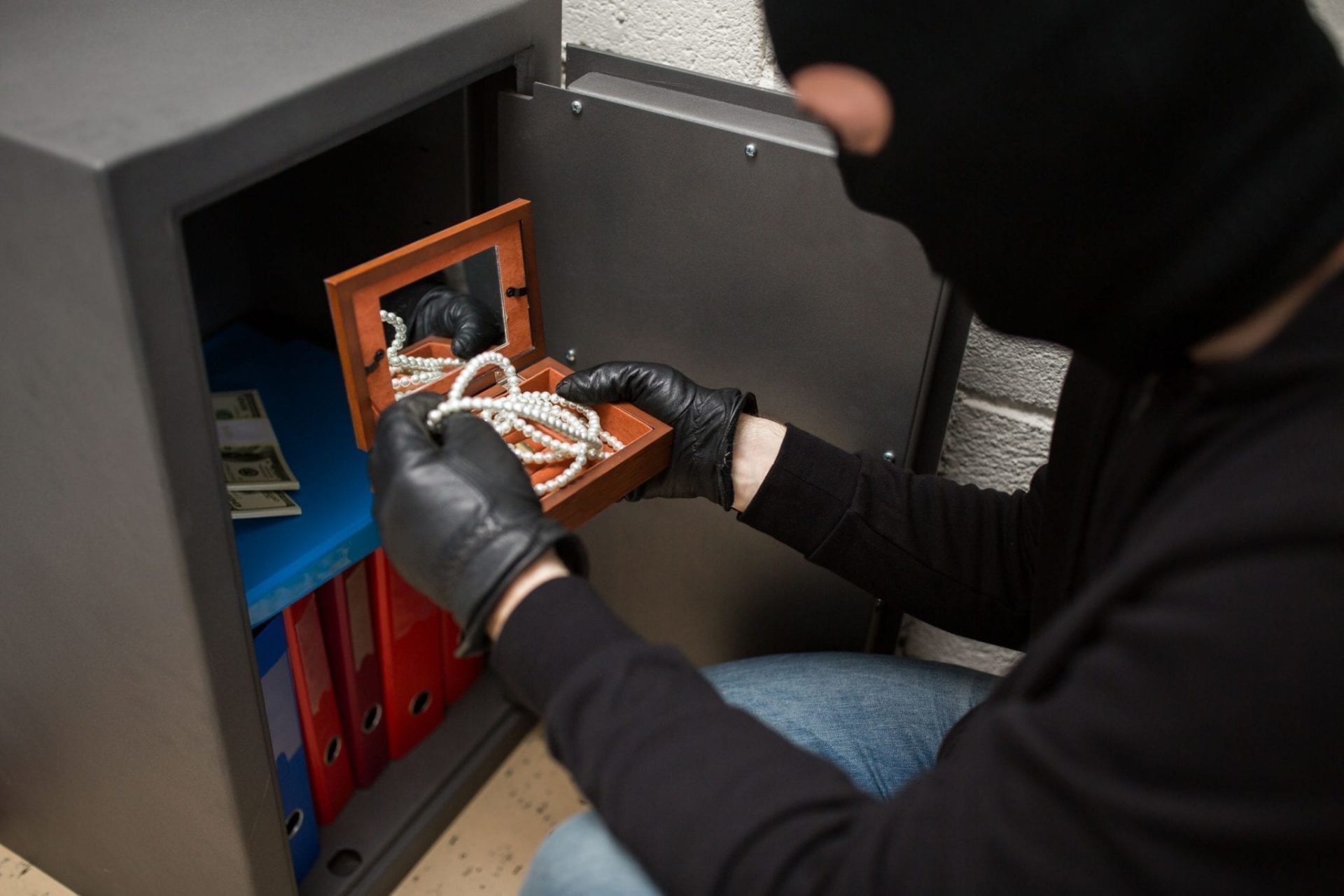Illinois Burglary Charges: The Importance of “Intent”
In Illinois, it is a crime to enter a building or structure without authorization and with the intent of committing a crime once inside, whether that place is a residence, business, school, public facility, place of worship, or even a vehicle.
This criminal act is charged as burglary or residential burglary in our state. Importantly, you do not need to commit a crime or even attempt to commit a crime after gaining entry, so long as the prosecution can prove that you broke in with the intent of committing theft or another felony-level offense.
How exactly can the prosecution prove what you were thinking?
This is often open to interpretation, and prosecutors are notorious for getting creative when it comes to proving criminal intent. This means that it’s very important to understand how prosecutors try to prove intent in a burglary case, as this can mean the difference between a burglary charge and the lesser charge of criminal trespass.
Because of this, we’ve put together a guide covering the elements of burglary in Illinois, including the importance of intent. We also cover how prosecutors attempt to prove intent, and how you can avoid putting evidence of your alleged intent into the prosecution’s hands.
Elements of an Illinois Burglary Charge: Intent is Key
In order to convict a defendant of burglary in Illinois, the prosecution must prove beyond a reasonable doubt that:
- The defendant entered a building or structure without authority, or they remained in the building without authority. There must be evidence that the defendant took this action knowingly and intentionally. Alternatively, if the defendant gains entry to the building or structure by misrepresenting himself, including the pretense of being with a utility or telecommunications worker, this would also be considered unauthorized entry.
- The defendant entered or remained in the building or other structure with the intent to commit a theft or another felony-level offense, such as sexual assault.
In most Illinois burglary cases, proving unauthorized entry is straightforward. However, the element of criminal intent is much more difficult to prove.
If criminal intent can be proven, you may be charged with burglary even if you did not actually steal anything, remove property from the location, or attempt to commit another felony-level offense. The prosecution must only prove that you intended to commit the offense after gaining entry.
If the prosecution cannot prove your criminal intent beyond a reasonable doubt, but can prove knowing and unauthorized entry, you will likely be charged with criminal trespass. This is generally a misdemeanor-level offense, while burglary is considered a Class 1 or Class 2 felony.
This means that intent often becomes very important in burglary cases, and the prosecution may get creative in arguing your alleged criminal intent. Intent is often very much open to interpretation, necessitating an excellent criminal defense attorney, who will be able to cast doubt upon the prosecution’s arguments.
How Illinois Prosecutors Prove Criminal Intent
If there is no evidence that you committed or attempted to commit a theft or felony offense after unauthorized entry, the prosecution will attempt to prove that you intended to commit the crime. This is where a burglary case gets tricky.
Below we cover common means by which prosecutors attempt to prove criminal intent in burglary cases.

Circumstantial Evidence
In some cases, the defendant’s actions are really only consistent with the intent to commit a crime. For example, say that a man breaks into a woman’s house, and the woman catches him in her closet rifling through her things.
They’ve never met before, and the man has no good reason for having entered the property. Most judges and jurors would have a hard time believing that the man had any other intention than to commit a crime.
Similarly, if you are found to be in possession of items suggestive of criminal intent (for example, weapons or a duffel bag to carry out stolen items), this would also be evidence used to prove criminal intent.
Confession
Being taken into police custody is more than a little intimidating. Law enforcement officers are very aware of this, and often intimidate suspects into making confessions while in police custody. Anything said to police can and will be used against you, even if you are flustered and say something you don’t actually mean.
Any time someone is taken into police custody, they’re informed of their Miranda rights, including the right to remain silent, and to have an attorney present during police questioning. These are rights that you should always exercise.
Many times, the police will attempt to coerce suspects into talking without an attorney by suggesting that talking to officers as soon as possible will clear everything up, allowing for the release of a suspect. Officers may also suggest that calling in an attorney is an indication of the suspect’s guilt, and that if the suspect is innocent, no attorney is necessary.

This is not true – even if you are certain that you are innocent, you should always have an attorney present. Anything that you say to police or others that’s suggestive of criminal intent can be used as evidence to prove your criminal intent in a burglary case.
Always remember: in burglary cases, the prosecution will use anything you say or do that’s suggestive of criminal intent to prove this element in a burglary case. This means that your actions become very important should you ever be suspected of burglary. That’s why it’s so important to know and exercise your rights.
About the Author:
Andrew M. Weisberg is a former felony prosecutor who now serves as a defense attorney in the greater Chicago area. He has extensive experience in handling all types of criminal cases, from sex offenses and domestic violence to retail theft-related crimes, murder, and drug crimes.







 Blog Home
Blog Home 










